11 Foods You Love That Are Making Your Skin Age Faster
In the quest for eternal youth, skincare routines and anti-aging products often take center stage. However, the foods we consume daily can have a profound impact on our skin's aging process. While some foods nourish and rejuvenate, others can accelerate the development of wrinkles, often unbeknownst to us. This article delves into 11 surprising foods that can hasten the aging of your skin, revealing the hidden impact of dietary choices on our appearance. By understanding these culprits, you can make informed decisions to preserve your youthful glow.
1. Sugar: The Sweet Saboteur
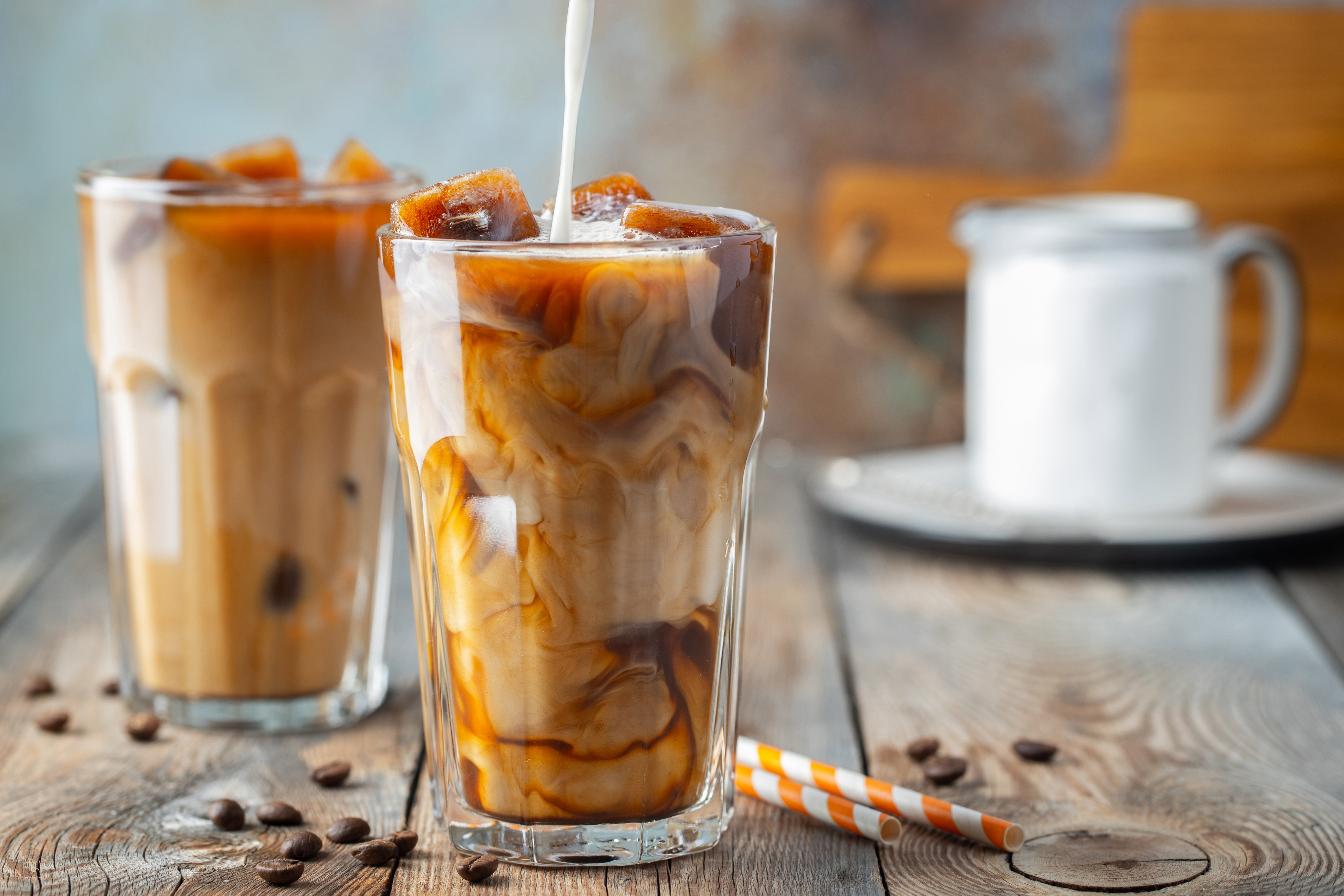
Sugar is a staple in many diets, but its effects on the skin are anything but sweet. Consuming high amounts of sugar leads to a process called glycation, where sugar molecules bind to proteins and lipids in the skin. This results in the formation of advanced glycation end products (AGEs), which damage collagen and elastin, the proteins responsible for skin's firmness and elasticity. Over time, this damage manifests as wrinkles and sagging skin. Reducing sugar intake not only benefits your waistline but also helps maintain your skin's youthful appearance.
2. Salt: The Dehydrating Agent

Salt is another common ingredient that can accelerate skin aging. High sodium intake can lead to water retention and dehydration, both of which have adverse effects on the skin. Dehydrated skin appears dull and is more prone to fine lines and wrinkles. Additionally, excessive salt can increase blood pressure, which may impair blood flow to the skin, depriving it of essential nutrients and oxygen. Opting for low-sodium options and staying hydrated can help mitigate these effects, keeping your skin plump and vibrant.
3. Alcohol: The Skin's Foe
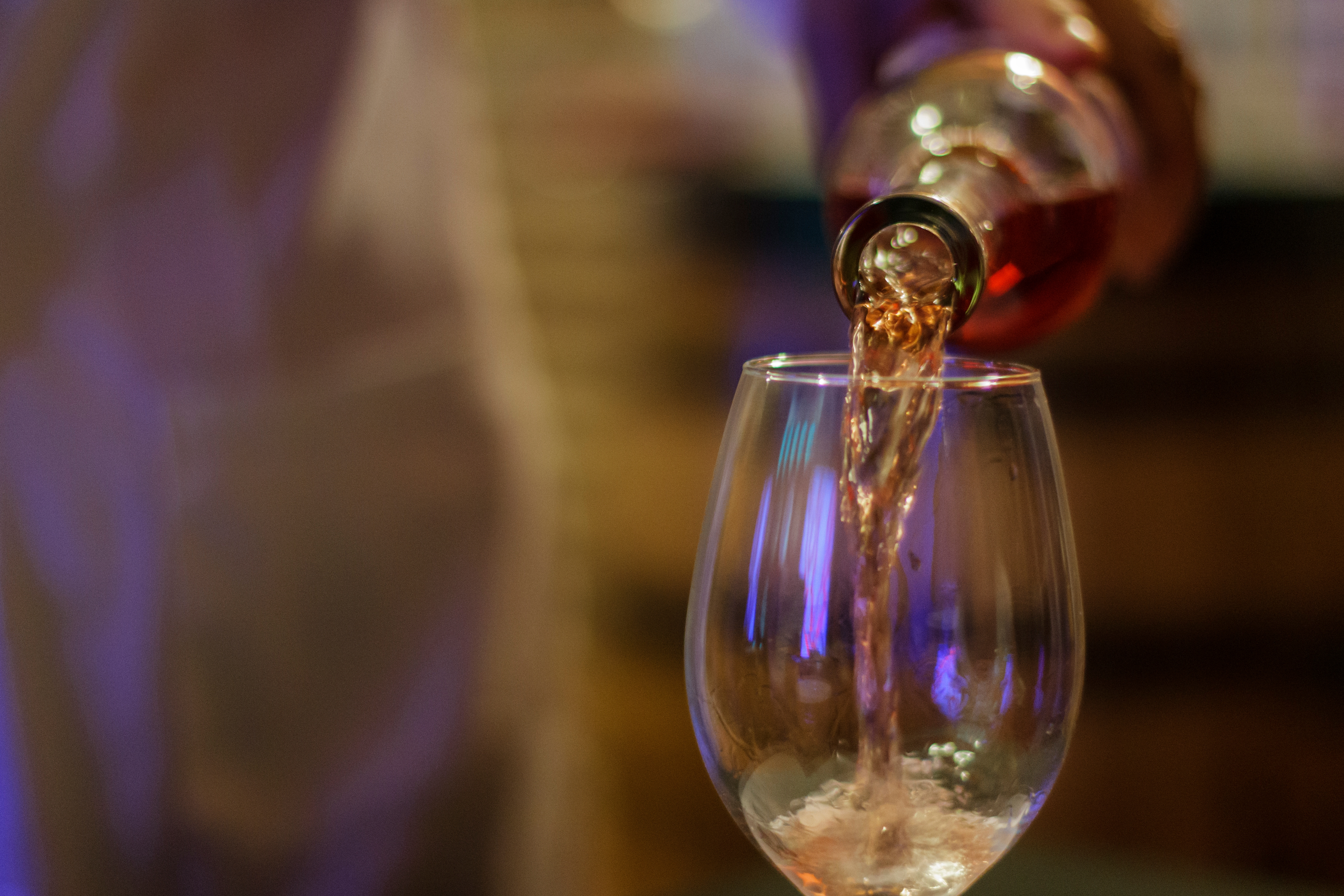
While a glass of wine or a cocktail may be a pleasant indulgence, alcohol is notorious for its dehydrating effects. It reduces the skin's moisture levels and depletes essential nutrients, leading to dryness and premature aging. Alcohol also dilates blood vessels, which can cause broken capillaries and redness over time. Furthermore, it can disrupt sleep, a crucial period for skin repair and regeneration. Moderation is key, and ensuring adequate hydration can help counteract alcohol's negative impact on skin health.
4. Processed Foods: The Hidden Agers

Processed foods are convenient but often laden with preservatives, unhealthy fats, and sugars, all of which contribute to skin aging. These foods can cause inflammation, which breaks down collagen and accelerates the formation of wrinkles. Additionally, the lack of essential nutrients in processed foods means the skin isn't receiving the vitamins and minerals it needs to repair and regenerate. Opting for whole, unprocessed foods rich in antioxidants can support skin health and slow the aging process.
5. Dairy Products: The Unexpected Agitators

Dairy products, particularly those high in fat, can exacerbate skin aging. For some individuals, dairy can increase oil production and lead to breakouts, which may contribute to uneven skin texture and premature aging. Additionally, the hormones present in dairy products can disrupt the body's hormonal balance, potentially leading to skin inflammation and the breakdown of collagen. Exploring dairy alternatives, such as almond or oat milk, can be beneficial for those noticing adverse skin effects from dairy consumption.
6. Red Meat: The Collagen Destroyer
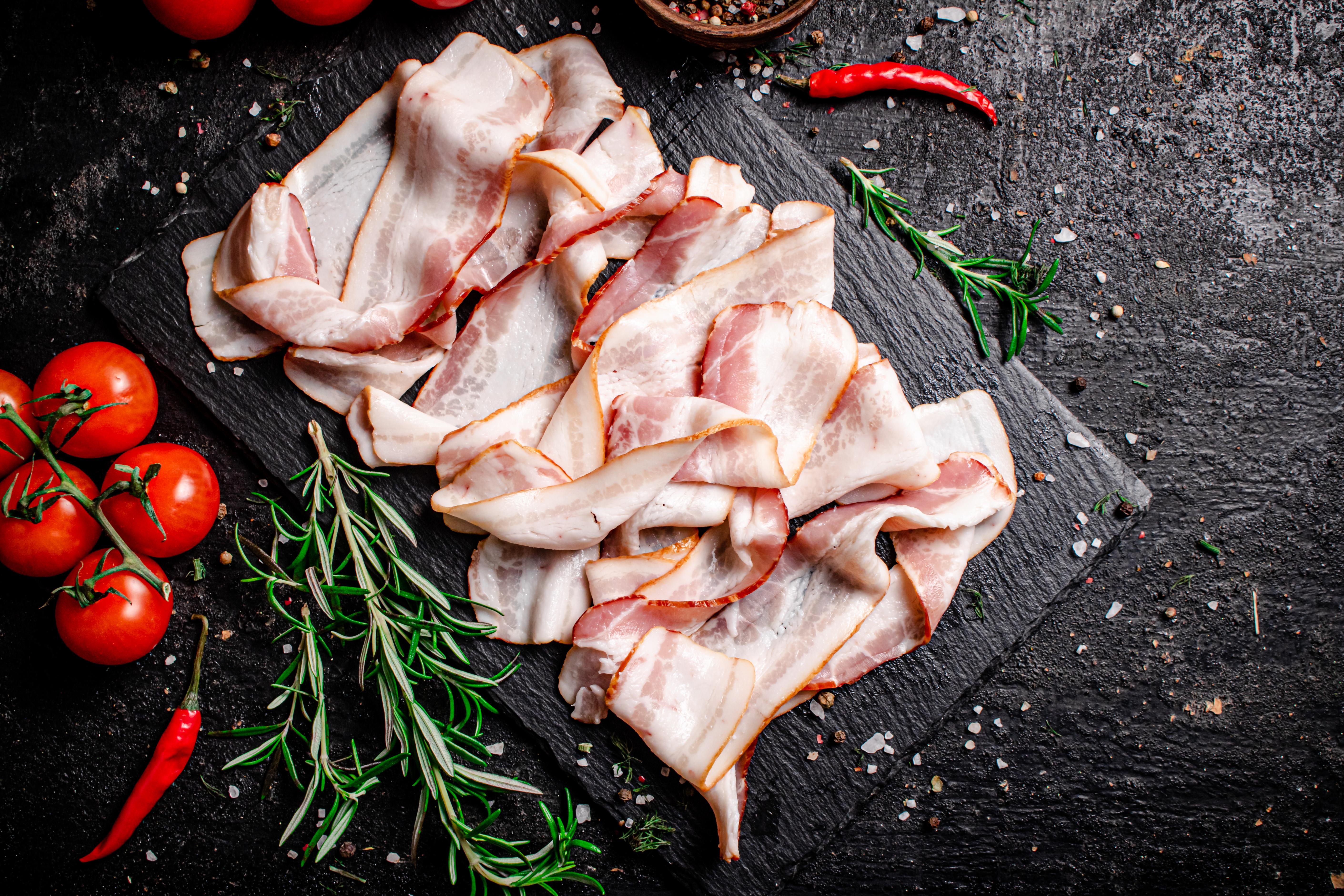
Red meat, especially when consumed in excess, can contribute to the formation of AGEs, similar to sugar. The high levels of saturated fats and cholesterol in red meat can also lead to inflammation, which accelerates collagen breakdown. Furthermore, cooking methods like grilling or frying at high temperatures can produce harmful compounds that affect skin elasticity and firmness. Choosing leaner cuts of meat and incorporating more plant-based proteins can help reduce these aging effects.
7. Caffeine: The Double-Edged Sword

Caffeine, found in coffee, tea, and energy drinks, can be both a friend and foe to your skin. While moderate caffeine intake has antioxidant benefits, excessive consumption can lead to dehydration, affecting skin moisture levels. Dehydrated skin is more susceptible to fine lines and a lackluster appearance. Moreover, caffeine can disrupt sleep patterns, hindering the skin's overnight repair processes. Balancing caffeine intake with plenty of water and ensuring adequate rest can support healthy skin.
8. Trans Fats: The Inflammatory Inducers
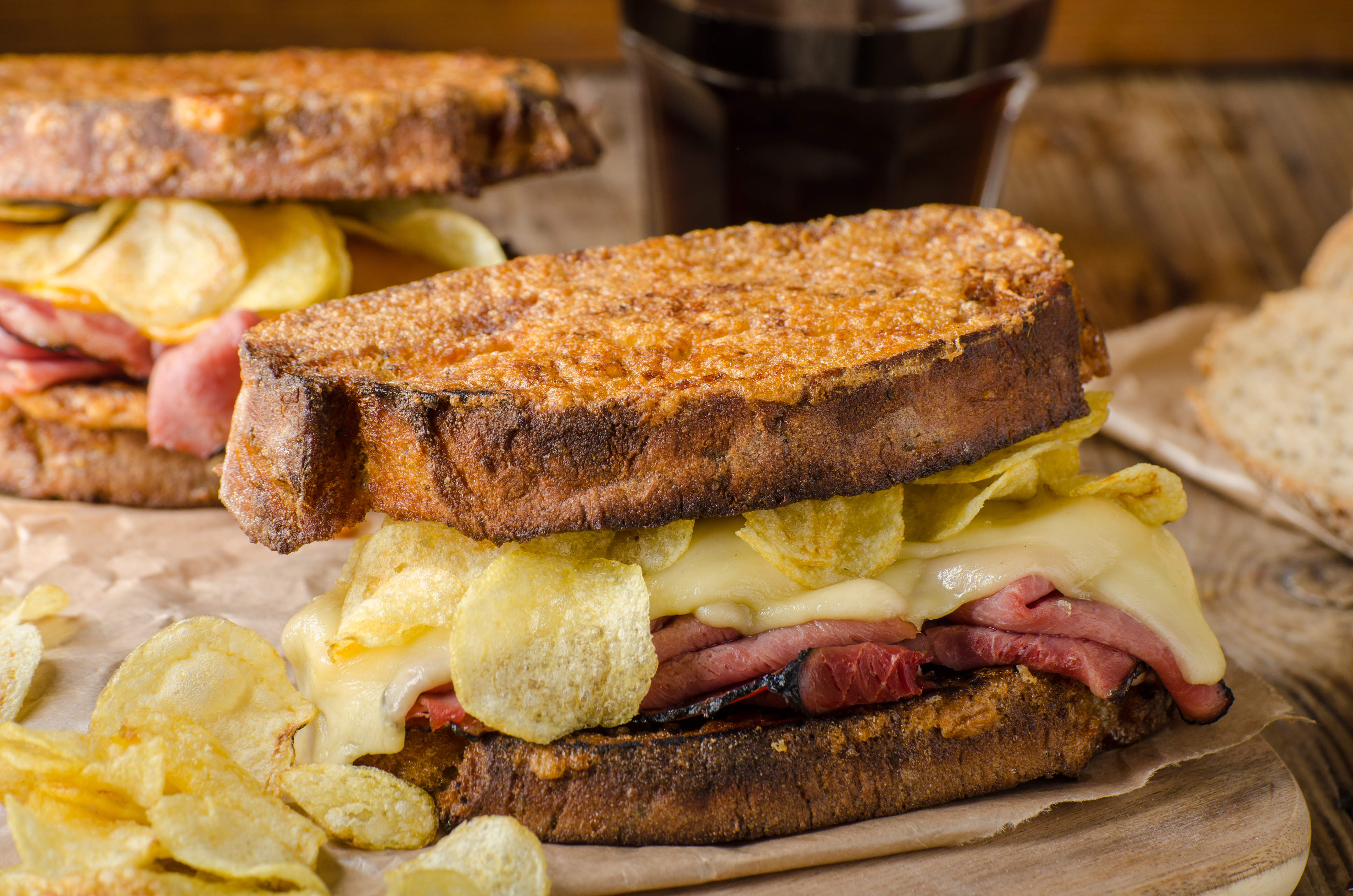
Trans fats, often found in fried and baked goods, are notorious for their negative health impacts, including on the skin. These fats can increase inflammation, leading to the breakdown of collagen and elastin fibers. As these structural proteins degrade, the skin loses its firmness and elasticity, resulting in wrinkles. Reducing the consumption of trans fats and opting for healthier fat sources like avocados and nuts can help maintain skin's youthful structure.
9. Spicy Foods: The Heat Accelerators
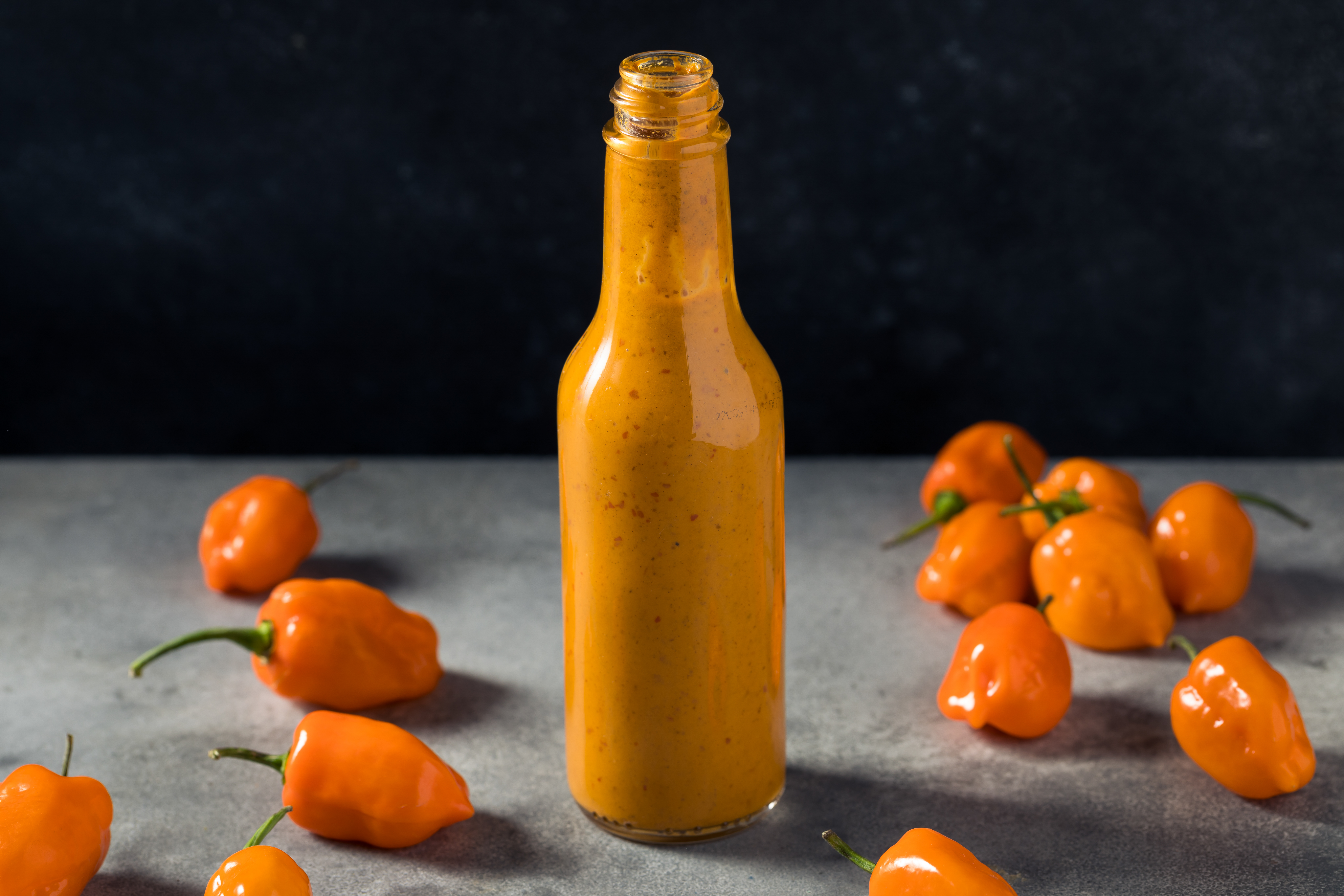
Spicy foods can be a delight for the taste buds but may not be as kind to the skin. They can increase blood circulation, leading to temporary redness and inflammation. For those with sensitive skin or conditions like rosacea, spicy foods can exacerbate symptoms and contribute to a flushed, uneven complexion. Over time, this can lead to the appearance of broken capillaries and skin aging. Moderation and identifying personal triggers can help manage these effects.
10. White Bread: The Glycemic Culprit
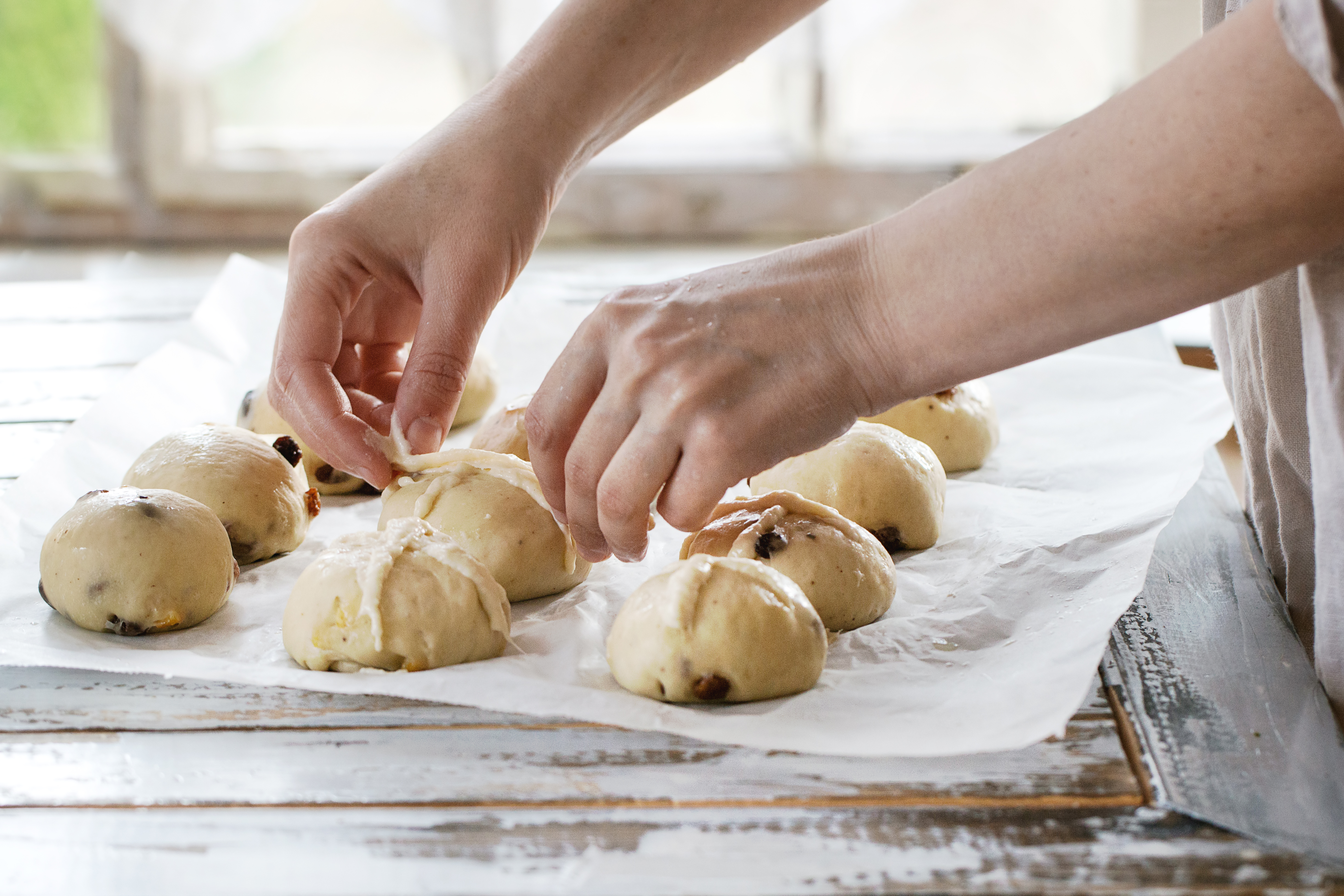
White bread and other refined carbohydrates have a high glycemic index, which means they quickly convert to sugar in the body. This rapid conversion can spike insulin levels, leading to inflammation and the breakdown of collagen and elastin. The result is skin that ages faster, with more pronounced lines and wrinkles. Replacing white bread with whole grain alternatives can provide more nutrients and a steadier energy release, supporting healthier skin.
11. Artificial Sweeteners: The Misleading Substitutes

Artificial sweeteners are often marketed as a healthier alternative to sugar, but their effects on skin can be equally detrimental. Some studies suggest that these sweeteners can disrupt gut health, leading to inflammation that affects the skin. Additionally, they may alter the body's natural insulin response, contributing to premature aging. Opting for natural sweeteners like honey or maple syrup in moderation can be a better choice for both health and skin.
Embracing a Skin-Friendly Diet
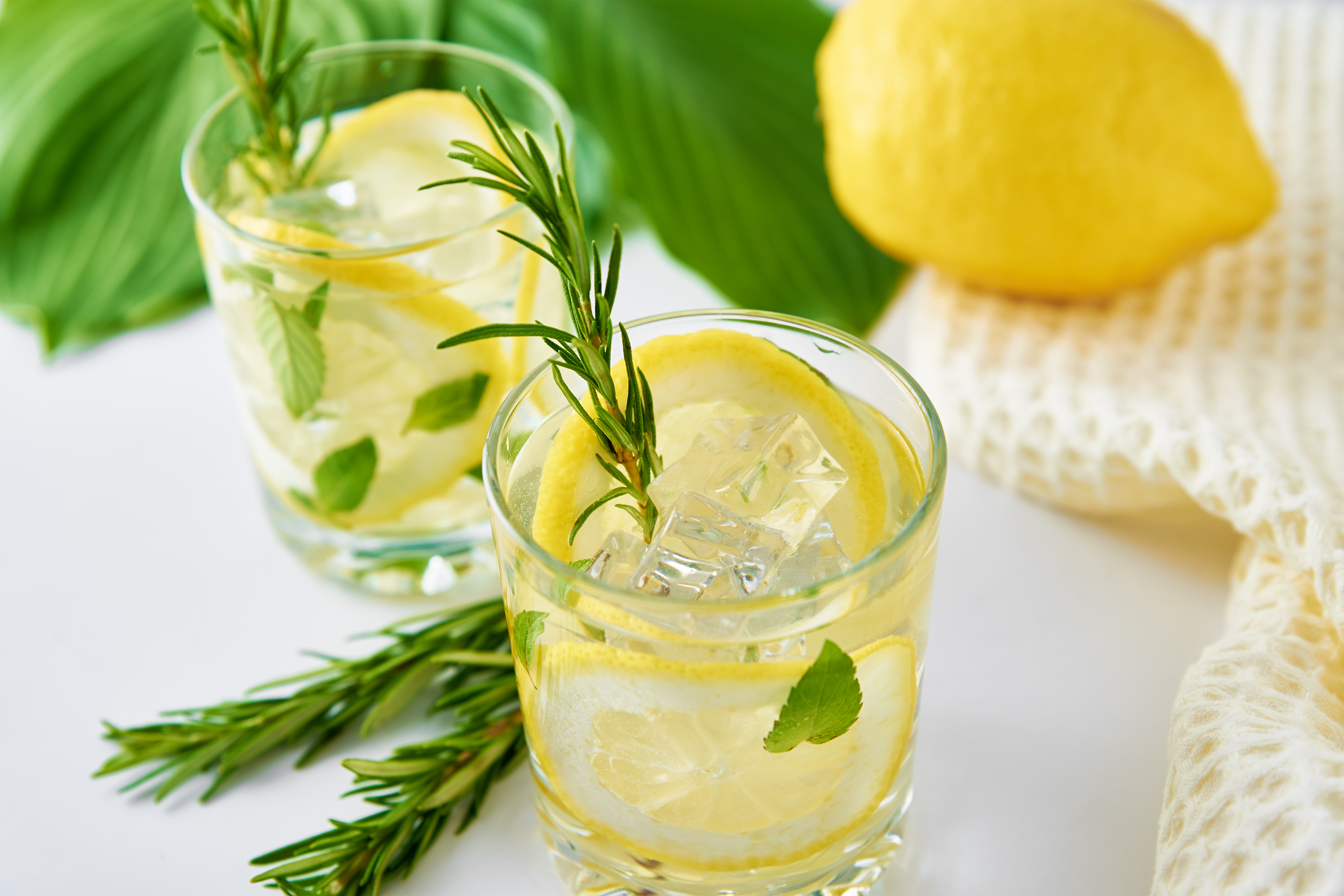
Understanding the impact of these 11 surprising foods on skin aging is a vital step in maintaining a youthful complexion. By making mindful dietary choices, you can support your skin's health and reduce the risk of premature aging. Embracing a diet rich in whole foods, antioxidants, and healthy fats will not only benefit your overall health but also enhance your skin's natural glow. As you navigate daily food choices, remember that what you eat is as important as the products you apply, ensuring your skin remains vibrant and resilient for years to come.
